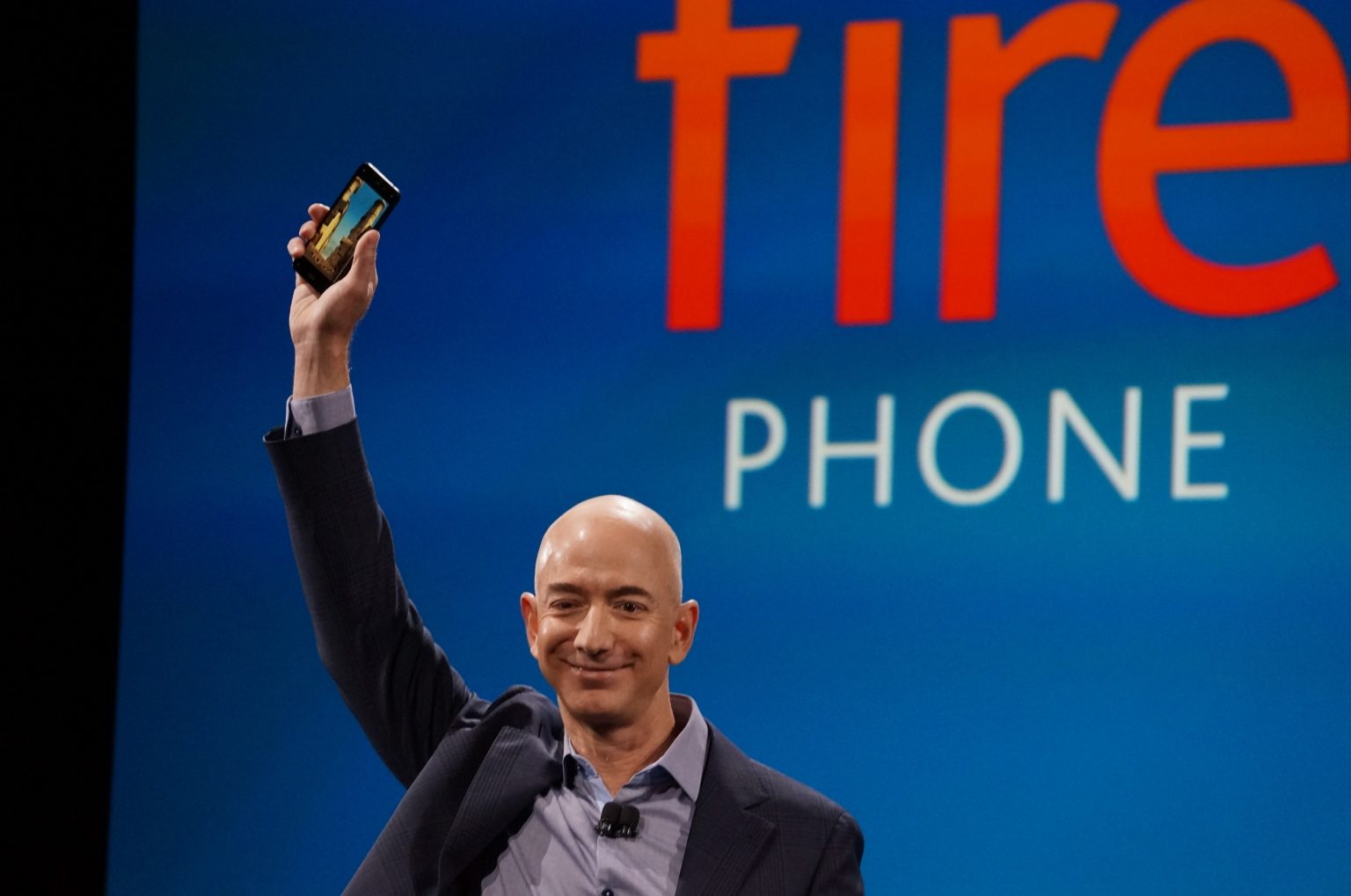The U.S. Justice Department has filed an antitrust lawsuit against Apple, accusing the company of illegally maintaining a monopoly on the iPhone smartphone. The lawsuit references the DOJ’s past antitrust case against Microsoft and highlights the struggles of other tech giants, such as Amazon, Microsoft, HTC, and LG, in competing against Apple in the smartphone market. The suit points out that only Samsung and Google remain as significant competitors in the U.S. performance smartphone market, with Google being a distant third despite controlling the Android operating system.
One of the main pieces of evidence in the lawsuit is the failure of several well-financed companies, including Amazon, Microsoft, HTC, and LG, to successfully enter the smartphone market due to entry barriers. Amazon released its Fire mobile phone in 2014 but could not sustain its business profitably and exited the market the following year. Microsoft discontinued its mobile business in 2017, HTC sold its smartphone business to Google in 2017, and LG exited the smartphone market in 2021. Despite these failures, Apple may argue that they were not a result of illegal behavior on its part.
The lawsuit against Apple draws comparisons to the DOJ’s previous antitrust case against Microsoft over its Windows monopoly in the late 1990s. The suit highlights the limited competition in the U.S. performance smartphone market, with only Samsung and Google being meaningful competitors to Apple. Despite controlling the Android operating system, Google lags behind Apple and Samsung in the market. The lawsuit raises questions about Apple’s dominance in the smartphone market and the barriers faced by other companies trying to compete.
As the antitrust lawsuit unfolds, the tech industry will be closely watching the outcome and potential implications for Apple and the smartphone market as a whole. The lawsuit brings attention to the challenges faced by competitors trying to enter the smartphone market and the impact of Apple’s dominance on competition. The case will likely involve complex legal arguments and evidence as both sides present their arguments in court. It remains to be seen how the lawsuit will unfold and what it could mean for the future of competition in the smartphone industry.
Overall, the antitrust lawsuit against Apple sheds light on the challenges faced by companies trying to compete in the smartphone market and the implications of Apple’s dominant position. The lawsuit highlights the limited competition in the U.S. performance smartphone market, with only a few companies being able to compete with Apple and Samsung. As the case progresses, it will be interesting to see how the arguments from both sides unfold and what the outcome could mean for the tech industry as a whole.


